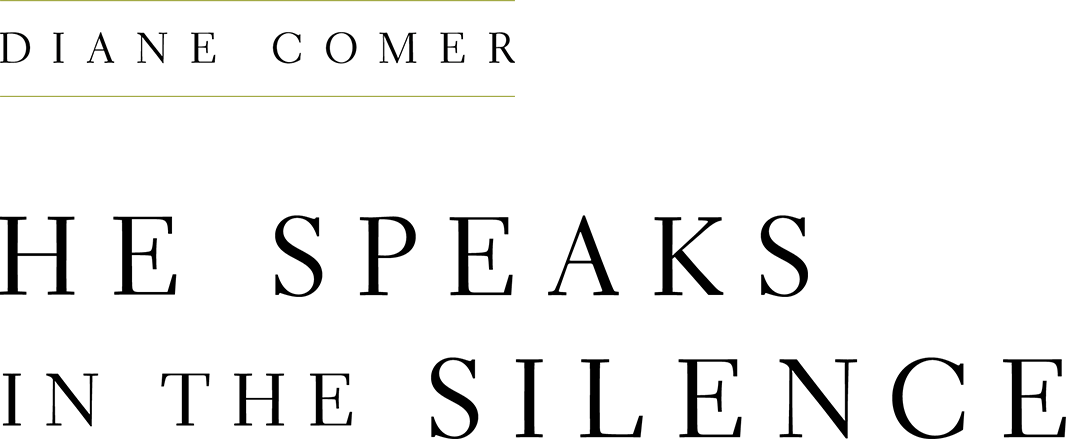RUTH: WEEK 2
#1 “BUT I WOULD FEED YOU WITH THE FINEST OF THE WHEAT; AND WITH HONEY FROM THE ROCK I WOULD SATISFY YOU.” PSALM 81:16 NASB
#2
Proverbs 2:1-11
Psalm 22:25-31
Psalm 19
Matthew 6:19-34
Psalm 81:16
#3
More Than One Way
It was Mark Twain who wrote, “There’s more than one way to skin a cat.” And though cat skinning is not on my agenda for today (or any day for that matter), I do believe I understand what he meant.
When obstacles loom large and trying harder doesn’t work, get creative.
Are you finding it impossible to carve out an hour of Bible study with an infant in your arms and a toddler at your feet? You can use these years instead to memorize Scripture, to store up great treasures of wisdom for the years ahead.
It doesn’t take much: a 3x5 card propped on the windowsill by the sink, or clipped to the side of the mirror where you do your make-up, or sitting beside the chair where you rock your babies. You’ll be surprised by how natural it becomes to slip Scripture into your memory as you carry out the mindless tasks that so fill a hurried mother’s day.
And you’ll be even more surprised by how much you’ll rely on those snippets of Scripture when that baby is twelve and the toddler sixteen.
No one told me (or maybe they did and I wasn’t listening) how much I would need specific wisdom when my kids got older. My tidy world of black and white turned impossibly blurry when faced with the myriad judgment calls a mother of teenagers must make.
Should she or shouldn’t she? When is make-up appropriate? What about dances? Dating? Should she climb in the car with that guy? Am I being too strict? Too suspicious? Too naïve? Is it time to let go, or do I need to hold the line a little longer?
You’ll need great gobs of wisdom and discernment and understanding and insight, all of those delectable treasures promised to those who take the time to tuck Scripture into the recesses of their minds.
It’s harder than you think; it’s harder than I thought, and wisdom is just what you’ll need.
From my heart,
Diane
Etc.
Famine in the Land
“For since the creation of the world God’s invisible qualities: His eternal power and divine nature have been clearly seen, being understood by what has been made…” Romans 1:20 (NIV)
The Old Testment is brimming with shadows of Kingdom truths illustrated by the natural world. The skies declare God’s glory (Psalm 19:1), water portrays His Spirit (Isaiah 44:3), the rocks affirm God’s strength (Psalm 18:1, 2), and the mountains proclaim His might (Psalm 65:6). Grass shows the transcendence of life (Psalm 90:5), storms symbolize life’s difficult times (Job 30:22), and the sunrise calls forth songs of joy (Psalm 65:8).
But some Kingdom truths are harder to swallow than others. Just as periods of peace remind us of God’s goodness, periods of famine throughout the Bible give us a taste of true hunger: hunger that results from a people, or a nation, or an individual’s turning away from God.
God gives a warning to His chosen people about the dire consequences of disobedience in Deuteronomy 28, one of the worst of which is famine: “Because you did not serve the Lord your God with joy and a glad heart, for the abundance of all things; therefore you shall serve your enemies…in hunger, in nakedness, and in the lack of all things…” (vs. 47, 48).
Though Israel’s famine may have been directly linked to drought, or crop failure, or the devastation of the land by their enemies, her lack was always a result of not trusting and following God in obedience.
In the same way, we are warned in Leviticus 26:14-15, “Disobedience causes your soul to suffer.” Even with our plethora of grocery stores, restaurants, and fast food, famine of the soul runs rampant. Just look. Some of the “famine shadows” in the Old Testament include:
Disease (Jeremiah 14:18).
Destroying one’s children (Deuteronomy 28:47-57).
Captivity or bondage (Jeremiah 15:2).
Exile or alienation (Ezekiel 5:12).
Nakedness, shame (Deuteronomy 28:47).
Earthquakes, upheaval (Matthew 24:7).
An inability to hear the words of the Lord (Amos 8:11).1
Historically, God used famine to bring His people back to Himself. Abraham experienced famine (Genesis 12:10), as did Jacob (Genesis 26:1), and Joseph (Genesis 41-50). And through it all, God drew these men into a relationship with Himself by building up their faith through His provision and His sovereignty in their lives.
“I am the Bread of Life,
he who comes to Me will never be hungry
and he who believes on
and cleaves to
and trusts in
and relies on Me
will never thirst
any moreat
any time.”
John 6:35
(Amplified Bible)

